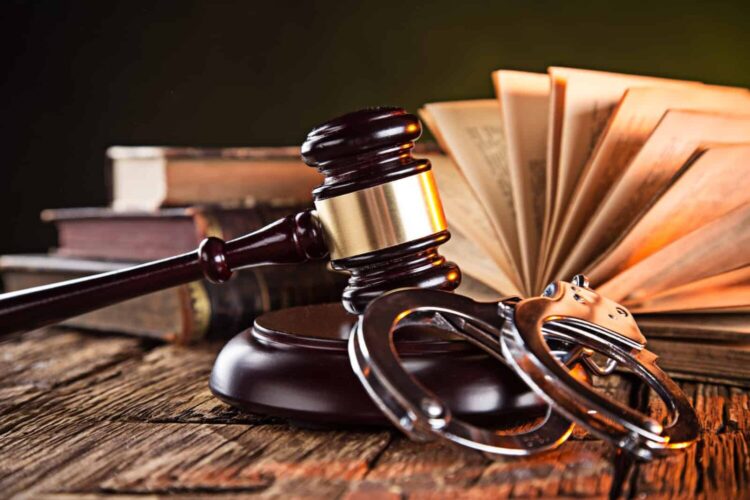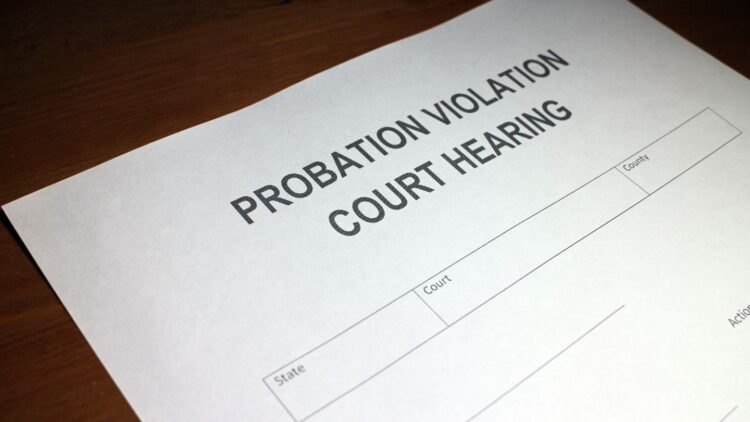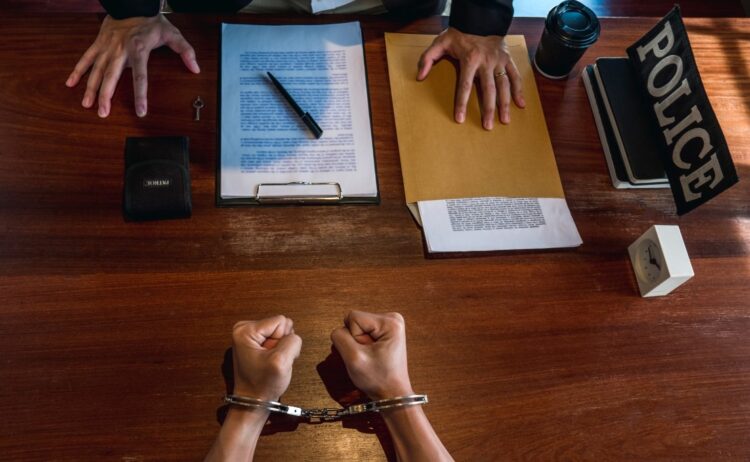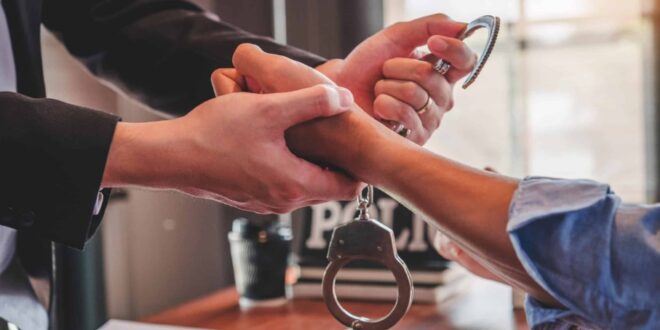Probation violations can have serious legal implications, often leaving individuals with the difficult choice of either facing incarceration or finding a way to get back on track.
In this article, we will delve into the complexities of probation violation legalities, exploring the factors that influence probation outcomes and the consequences that follow.
Additionally, we will examine the various legal options available to those facing probation violations, as well as rehabilitation opportunities aimed at helping probationers reintegrate into society successfully.
Understanding Probation Violations
Understanding probation violations is crucial for both probationers and legal professionals, as it allows for a comprehensive examination of the circumstances that may lead to a revocation of probation.
When probationers fail to comply with the terms and conditions of their probation, they risk facing serious consequences. These consequences can include additional probationary terms, fines, community service, mandatory counseling, or even incarceration.
Probationers need to be aware of the potential consequences they may face if they violate their probation, as this knowledge can serve as a deterrent and encourage compliance. Additionally, probationers should be familiar with their options for defending against probation violations.
These defense options may include presenting evidence of compliance, demonstrating extenuating circumstances, or seeking legal representation to advocate on their behalf.
Factors Influencing Probation Outcomes

Several factors play a crucial role in determining the outcomes of probation violations.
Two key factors to consider are the probation success rates and recidivism rates.
Probation success rates refer to the percentage of individuals who complete their probationary period without any violations. This metric is often used as an indicator of the effectiveness of probation programs in preventing future offenses.
On the other hand, recidivism rates measure the rate at which individuals who have been on probation commit new offenses or violate the terms of their probation. High recidivism rates suggest that the current probation system may not be adequately addressing the underlying causes of criminal behavior.
Consequences of Probation Violations
One of the significant consequences of probation violations is the potential for individuals to be incarcerated. When individuals fail to comply with the conditions of their probation, such as missing appointments with probation officers, failing drug tests, or committing new offenses, they may face probation violation penalties, which can include imprisonment.
The severity of the violation and the individual’s prior criminal history are factors that influence the length of the incarceration period.
Research has shown that probation violations often contribute to higher recidivism rates, as individuals who fail to adhere to the terms of their probation are more likely to reoffend. To address this issue, some jurisdictions have implemented alternative consequences for probation violations, such as community service, substance abuse treatment programs, or increased supervision. These alternatives aim to reduce the risk of reoffending and provide individuals with the opportunity to get back on track.
Legal Options for Probation Violations

Continuously failing to comply with the conditions of probation can result in individuals facing a range of legal options for probation violations. When a probation violation occurs, the consequences can be severe, including the possibility of incarceration or an extension of probationary period.
However, individuals who find themselves in this situation also have legal options available to them. One option is to present a defense against the probation violation allegations. Common probation violation defenses include lack of intent, mistaken identity, or a violation of the individual’s constitutional rights.
Another option is to negotiate with the probation officer or prosecutor for a modification of the conditions of probation or an alternative sentence.
Individuals facing probation violations need to consult with an experienced probation violation lawyer who can guide them through the legal process and help them navigate their available options.
Rehabilitation Opportunities for Probationers
Probationers are provided with various rehabilitation opportunities to aid in their successful reintegration into society. These reintegration programs are designed to address the underlying issues that may have contributed to the probation violation, such as substance abuse, mental health issues, or lack of education or job skills. By addressing these issues, probationers have a greater chance of achieving long-term success and avoiding future violations.
Reintegration programs can include substance abuse treatment, mental health counseling, anger management classes, vocational training, and educational programs. These programs aim to equip probationers with the necessary skills and support to lead productive and law-abiding lives.
Research has shown that the success of probation is closely linked to the availability and effectiveness of these rehabilitation opportunities. When probationers receive comprehensive support and guidance, their chances of successful reintegration into society are significantly increased.
By providing probationers with the necessary tools and resources, reintegration programs play a crucial role in reducing recidivism rates and promoting positive outcomes for probationers.
Frequently Asked Questions

What Are Some Common Mistakes Probationers Make That Could Lead to a Violation?
Common probation violation mistakes can lead to serious consequences for probationers. Some common mistakes include failing drug tests, not attending required meetings or counseling sessions, and committing new crimes while on probation.
Can Probation Violations Be Expunged From Someone’s Record?
Probation violations can have serious consequences, including additional penalties and potential revocation of probation. While expungement possibilities may vary depending on jurisdiction, it is important to consult with a legal professional for guidance on record expungement about probation violations.
Are There Any Alternatives to Incarceration for Probation Violations?
Alternative programs and rehabilitation options exist as alternatives to incarceration for probation violations. These programs aim to address the underlying issues that led to the violation, providing individuals with the opportunity to reintegrate into society successfully while ensuring public safety.
How Does the Probation Violation Process Differ for Juveniles?
The juvenile probation process differs from that of adults in terms of the approach and consequences of probation violations. Understanding the unique factors involved in the juvenile system is crucial for effective interventions and rehabilitation.
What Rights Do Probationers Have When Facing a Probation Violation Hearing?
Probationers facing a violation hearing have the right to legal representation, to present evidence, and to cross-examine witnesses. The consequences of probation violations can include revocation of probation, additional penalties, or imprisonment.
 Hi Boox Popular Magazine 2025
Hi Boox Popular Magazine 2025



